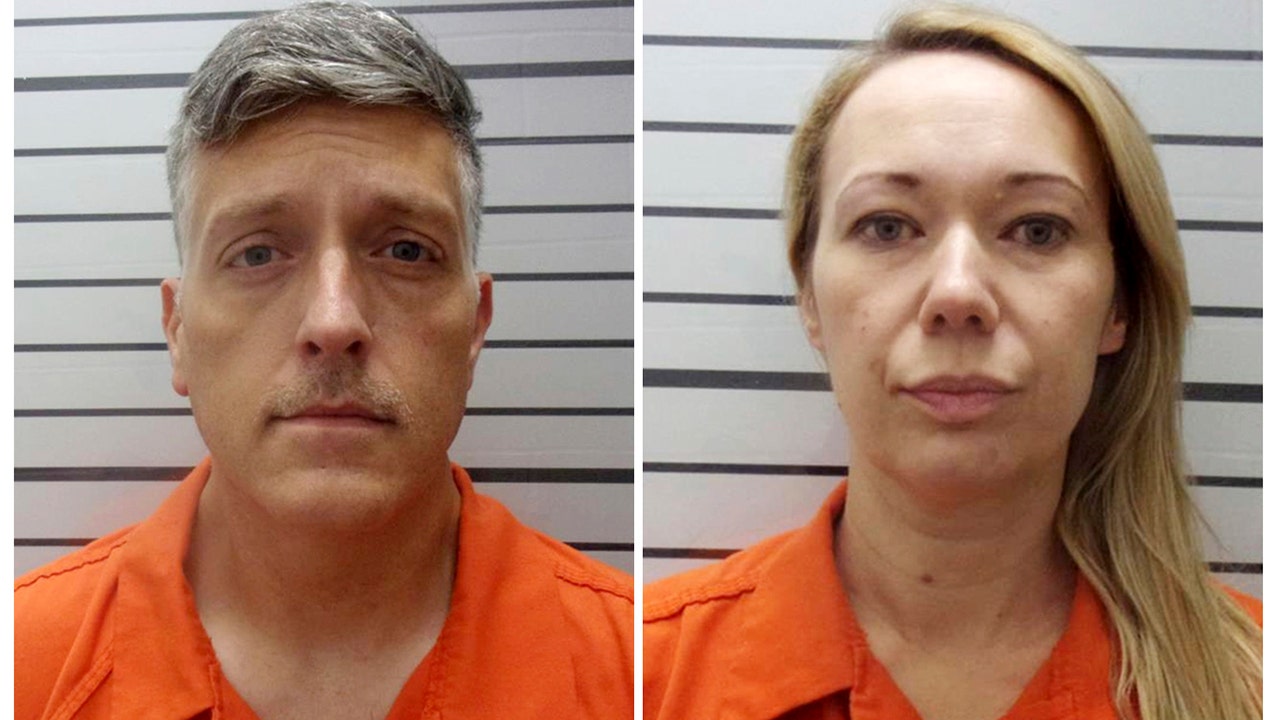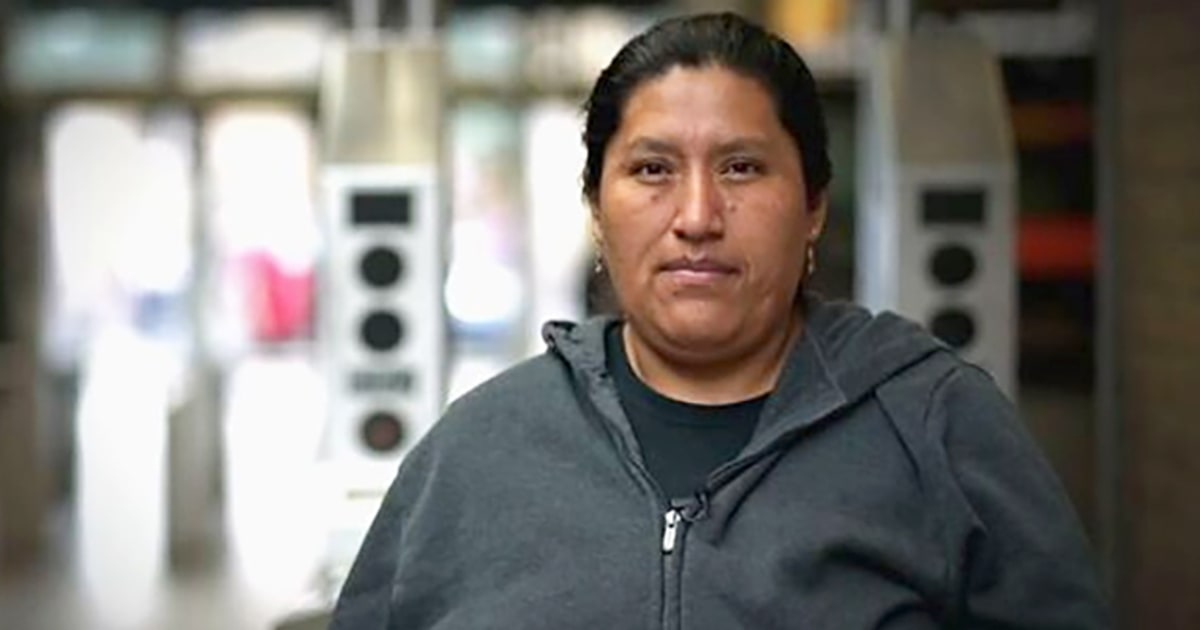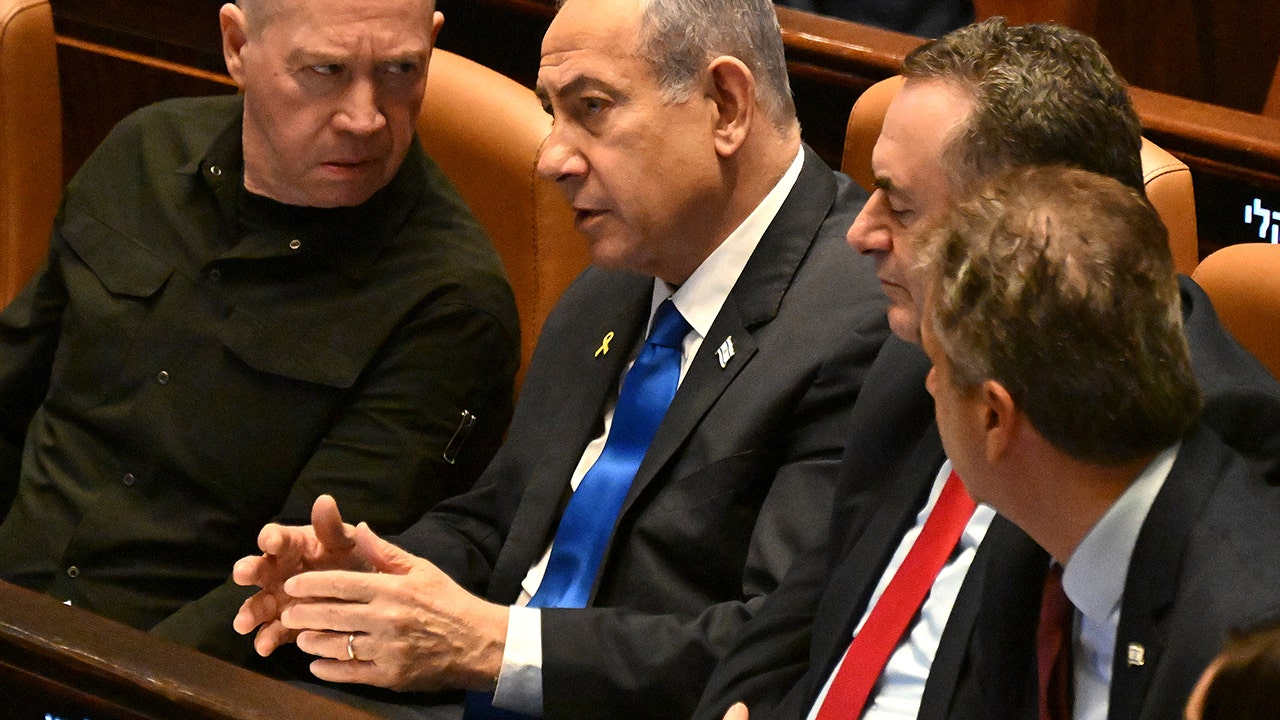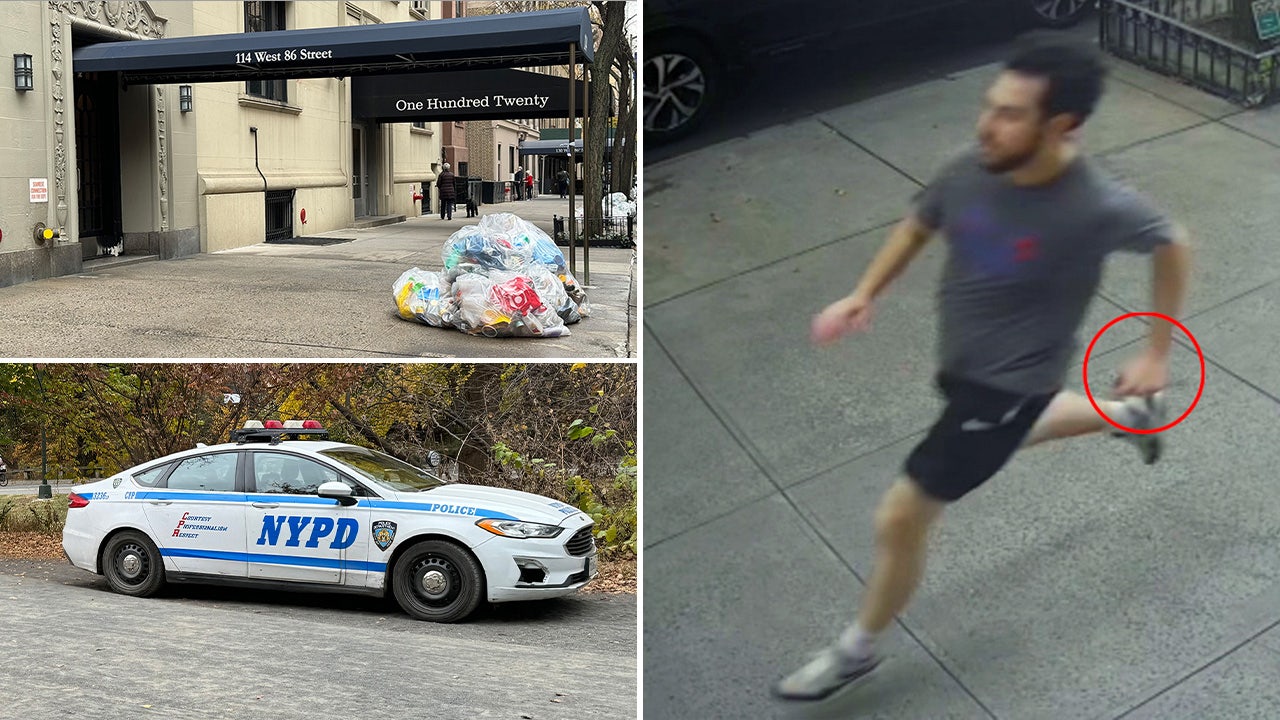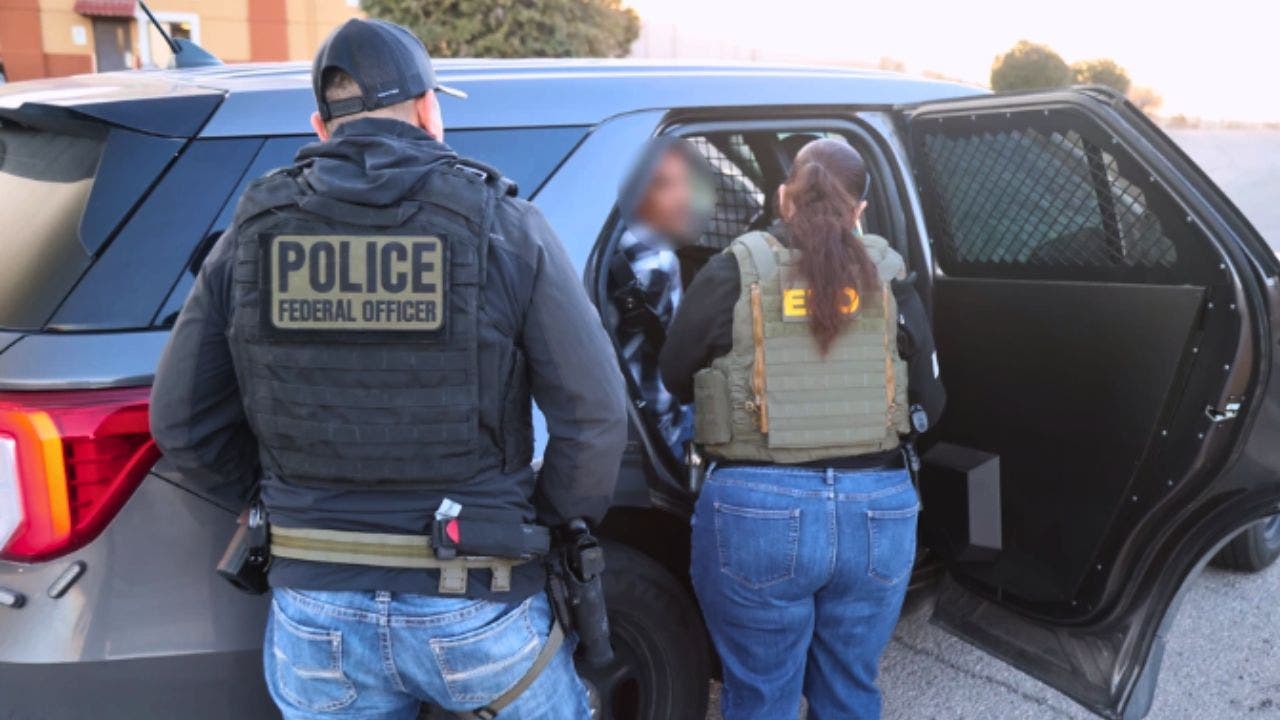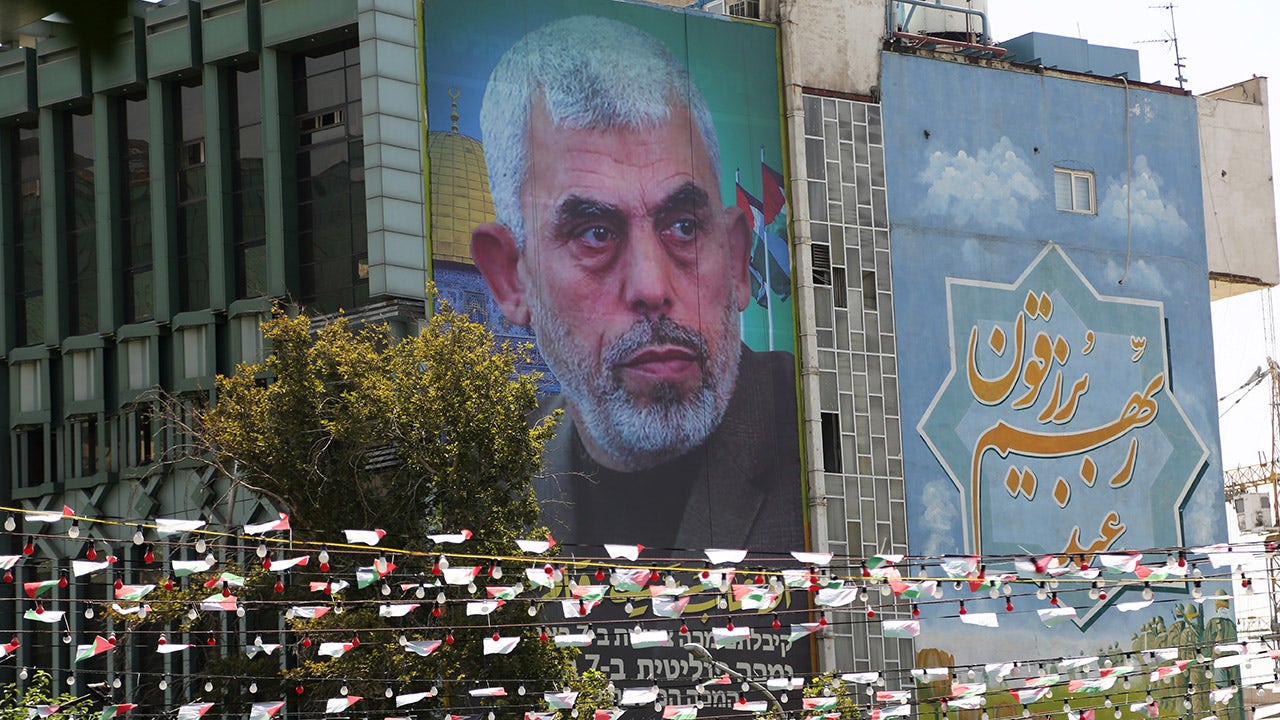They’ve become a part of the fabric of New York City life, slipping in and out of subway cars and calling out to riders as they try to sell their wares, typically an assortment of candy bars and gum. On train platforms, they sell various fruits like mango and watermelon, cut up and divided into plastic cups. Often the candy and fruit vendors are migrant women, sometimes seen with their young children in tow.
NBC News approached several women on subway platforms in Manhattan and Queens over the past year asking them to share the stories of their arrivals in the U.S. All refused out of fear that their children could be taken away or that they could face a steep fine. With help from Algun Dia, an outreach project specifically aimed at helping migrant vendors, NBC News was put in contact with a woman named Lorena who arrived in the U.S. last year with her husband and their 3-year-old daughter and has applied for asylum and work authorization. While she waits for that legal permission, she has been earning about $50 a day selling fruit while carrying her daughter on her back.
Lorena agreed to speak on the condition that her last name not be used and her child not be identified.
“Where am I going to leave her?” Lorena said of her daughter in Spanish. “Sometimes she sleeps and I carry her with a bedsheet tied around. I push the cart.”
Food vending in the city is illegal without a license, and it can come with a fine of $1,000 or more. The city has enforced the law in the past, and at least one high-profile instance posted to social media led to public outcry. According to the city’s Sanitation Department, the coordinating agency for street vending enforcement, more than 3,000 summonses have been issued to unlicensed vendors this year. Food vending licenses cost $50 in application fees, but an additional permit is needed to operate mobile units that food is sold from, like pushcarts. The city issues only a finite number of permits, and the waitlist is closed.
Lorena knows that selling without a license is illegal but continues to do it because, she said, it’s the only option her family had after a harrowing journey to the U.S. She said her family went through dangerous jungles, had encounters with thieves and witnessed countless other horrors. At one point, Lorena said, she hid money inside her daughter’s diapers so it wouldn’t be stolen.
Speaking through tears, she said the family persevered to give their only child a chance at a better life.
“I feel bad because she’s my only one. I don’t have any other children. It’s just me. I had her at 37 years old by the grace of God, because I tried so many ways to have her. I never had children before,” Lorena said.
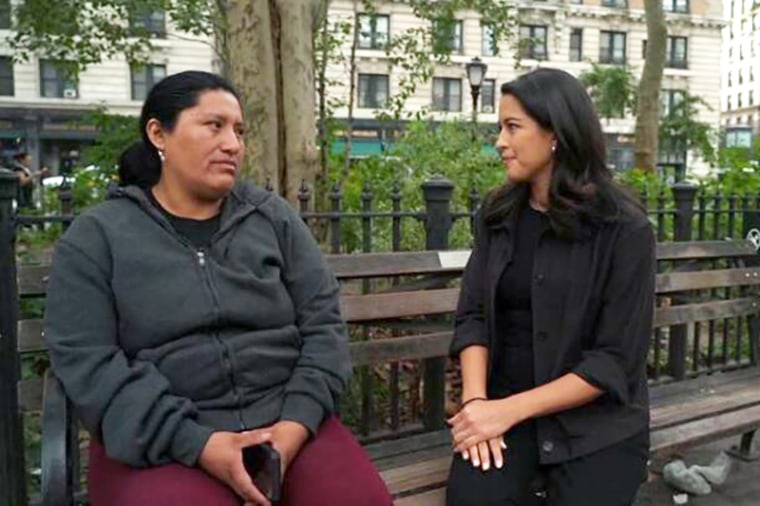
New York City officials told NBC News that more than 47,000 migrant families with children are staying in the shelter system set up to house them.
A city-run program called Promise NYC has tried to ease some of the challenges by partnering with local organizations to provide free child care through subsidy payments to child care centers that enroll migrant children. Many similar programs are restricted to U.S. citizens.
“It provides the same kind of child care support that our other low-income families in New York City get for children who do not qualify for that program because of their immigration status,” said Liza Schwartzwald, a senior policy strategist at the New York Immigration Coalition, which works to secure city funding for the program.
A survey conducted by Algun Dia, the migrant vendors outreach project, found that the need stretched across many families.
“We found that 84% of the individuals that we had surveyed were vending out of necessity, and they were doing so because of their lack of child care. Like, where are they going to be leaving their kid?” said Tiffany Hervas, a social worker with Algun Dia.
Since Promise NYC launched last year, city funding for it has continued to grow, reaching an approved budget of $25 million for next year, enough to care for a thousand children, according to the city. The challenge, employees say, is making sure families like Lorena’s are aware that Promise NYC exists.
Hours after Lorena spoke with NBC News, Algun Dia was able to find a place for her daughter at a nearby day care center.
Hervas delivered the news.
Read the full article here





